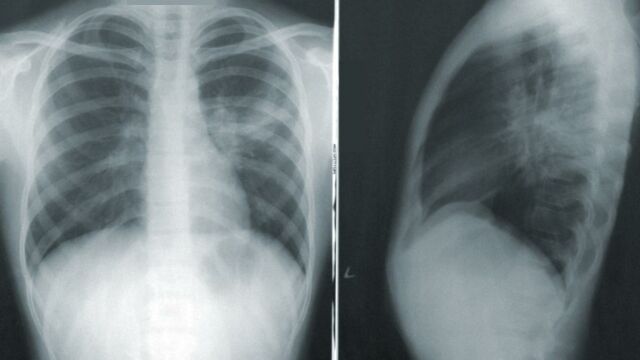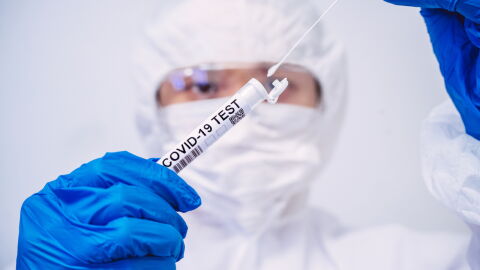COVID infection is linked to a range of different complications, one of the most common is pneumonia. This respiratory infection occurs when there is an inflammation in the air sacs present in one or both of your lungs.
Discover our latest podcast
COVID pneumonia
Pneumonia can be caused by bacteria, fungi, and viruses, which is why a number of COVID patients develop this condition as well. WebMD explains:
The new coronavirus causes severe inflammation in your lungs. It damages the cells and tissue that line the air sacs in your lungs. These sacs are where the oxygen you breathe is processed and delivered to your blood.
The damage causes tissue to break off and clog your lungs. The walls of the sacs can thicken, making it very hard for you to breathe.
While mild pneumonia can be treated at home, severe forms of the condition can be painful and sometimes fatal. In serious cases, COVID pneumonia can also lead to acute respiratory distress syndrome. Defined by Healthline, it is a respiratory failure in which the air sacs are completely blocked with fluid. Patients are then dependent on mechanical ventilation for breath support.
Not all COVID patients need to worry about contracting pneumonia, but those who are at high risk include immunocompromised people,adults who are above the age of 65, and those with underlying health conditions like asthma, obesity, and diabetes.
Symptoms
The most common symptoms that could suggest that your COVID infection has possibly triggered pneumonia include:
- Breathlessness
- Shortness of breath
- Rapid heartbeat
- Rapid or shallow breathing
- Dizziness
- Heavy sweating
If you experience any of these symptoms, be sure to seek medical assistance immediately.















